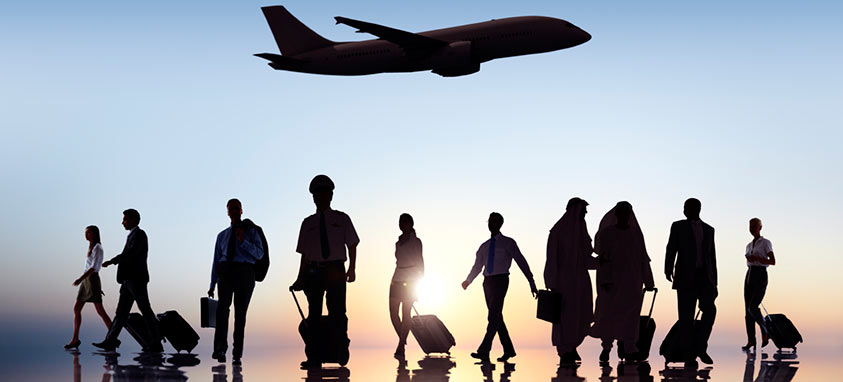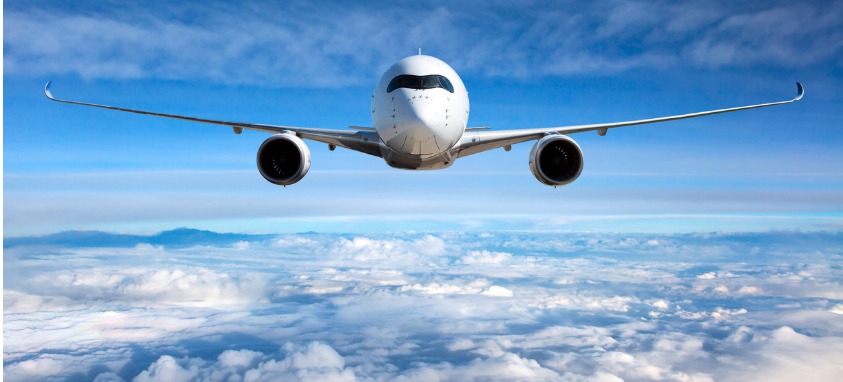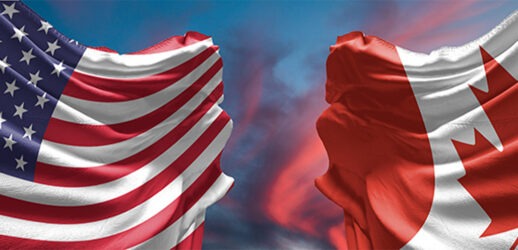As restrictions ease and people begin flying again, what will the airline landscape look like? To help get more insight into flight trends in the travel industry and how that will impact meeting planners, Incentive Research Foundation hosted a panel of airline experts from American Airlines, United Airlines and Etihad Airways to find out what safety precautions airlines are taking, how they believe group travel will change and details about the travel experience.
Safety and Cleaning
“What’s interesting about safety is it used to be about the safety of the planes flying, whereas now it’s cleanliness that’s come to the forefront,” Pierce says. United has teamed up with Clorox and Cleveland Clinic to create “Clean Plus,” which includes Plexiglass at checkout counters and temperature checks for employees. Clean Plus also introduced touchless check-in.
See also: The Future of Air Travel: Here Comes Sanitized Flying
United now informs passengers if flight capacity is more than 70 percent, giving the option to change flights; American provides the same feature, informing passengers three days in advance and at the gate, after which passengers can choose another same-day flight free of charge or choose another flight date.
What’s Trending in the Industry
“What we’re seeing is that international travel for the MICE market is going to be a little [longer] to get back where it was, as opposed to corporate markets,” Leung says. One trend she is seeing for groups and incentives is more bookings for premium cabins, because “people get a little more room on board.”
How Airlines are Helping

The executives started out by talking about the good their companies have been doing while normal passenger travel is at low ebb.
Amanda Leung, director of business development and sales for Etihad Airways, based in United Arab Emirates, says even as the airline is embarking on its largest maintenance program since its inception in 2003 in order to combat the virus, it has done 2,500 special passenger and humanitarian flights to 100 destinations to repatriate citizens and deliver medical supplies.
Alynne Hanford, global sales manager for American Airlines, says her airline has moved about 200,000 tons of seed, mostly from Argentina, as well as medical supplies to various locations around the world. She says there is great “pent-up demand” for air travel, to which American Airlines will respond by rolling out more flights as that actual demand increases. “We’re seeing a lot of intake, a lot of bookings…we’re prepared to get the aircraft back in the sky,” she says.
United Airlines has flown more than 90 repatriation flights and roughly 20 flights per day to provide medical supplies to destinations in Australia, Asia, Europe and the Middle East, according to Tyler Pierce, sales manager of meeting and incentive sales for United. Both United and American have been providing free round-trip flights for medical professionals to locations where COVID-19 cases have been highest in the U.S..
When restrictions are lifted, Hanford anticipates a lot of incentive flying to Hawaii and Mexico, in particular.
United is welcoming suggestions for destinations. Through Jetstream, United’s online portal, meetings customers and corporate agencies who have a program with the airline can submit a request for where they think the airline should fly and why.





